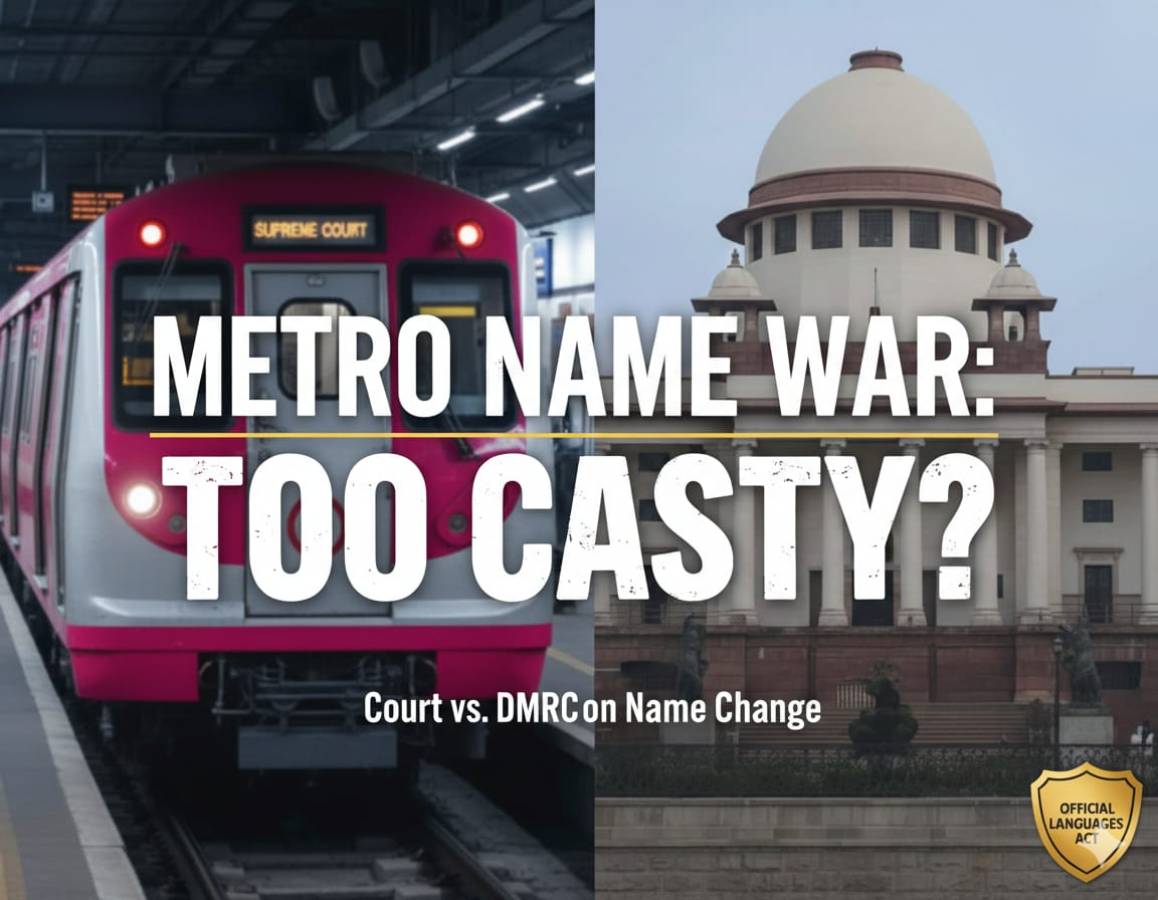
The dark headline is back. An image featuring former Swedish politician and activist Zaida Catalán is circulating on social media, resurrecting a brutal 2017 tragedy that captivated and horrified the world. The text, screaming about a "Swedish Politician Who Fought for Equality and Open Borders Is Beheaded in Congo"—forcefully reminds the public of a fatal collision between profound idealism, geopolitical turmoil, and horrific violence. This story transcends its political framing; it is fundamentally about the grave tragedy of a humanitarian worker's sacrifice in the pursuit of truth and justice in one of the world's most dangerous regions.
The Humanitarian on the Front Line
Zaida Catalán was far more than a politician; she was a committed advocate. Having served as the leader of the Young Greens of Sweden, she was known for her fierce commitment to human rights, environmentalism, and equality. However, at the time of her death in March 2017, she was serving a crucial and high-risk role as an expert for the United Nations Group of Experts on the Democratic Republic of the Congo (DRC).
Her mission was not political grandstanding but vital humanitarian work. Alongside her American colleague, Michael Sharp, Catalán was investigating massive human rights violations and the existence of mass graves in the central Kasai region of the DRC, an area gripped by conflict between the government and the Kamuina Nsapu militia. This was a place where danger was not a possibility, but a certainty.
On March 12, 2017, the team consisted of Catalán, Sharp, and their Congolese interpreter, Betu Tshintela was abducted. Their bodies were found weeks later in a shallow grave. The most shocking detail of the tragedy is confirmed by official reports that Catalán’s body was found decapitated. A video, later surfaced and attributed to the militia, appeared to show the moments of the execution, a horrifying confirmation of the atrocity.
The Digital Distortion of Tragedy
The image currently circulating is highly selective in its framing. By emphasizing Catalán's political stance on "Equality and Open Borders," the text attempts to draw the tragedy into a specific, contemporary ideological debate. This viral resurrection fundamentally distorts her legacy. Zaida Catalán died not because of her domestic political beliefs, but while working for the United Nations to expose war crimes in one of the world's most perilous regions. Her death was an attack on humanitarian truth-seeking, an effort to silence an investigation into the suffering of the Congolese people.
The irony is that a figure dedicated to justice for the vulnerable had her life brutally cut short while investigating the dark abuses of a conflict. The online focus exploits the horrific reality of her murder to score ideological points, transforming a global human rights tragedy into a subject of partisan conflict.
Justice Incomplete and The UN's Shadow
The story doesn't end with the discovery of the bodies, but it continues with the complex pursuit of justice. The DRC's military court eventually sentenced over 50 individuals to death or life imprisonment in January 2022 for the murders of Catalán and Sharp.
However, the final chapter remains unwritten. Human rights groups and Catalán's own family have consistently maintained that the trial was incomplete, failing to identify and prosecute the high-level officials in the Congolese state security apparatus who may have ordered or facilitated the killings. A 2017 UN report even suggested the murder was a "premeditated setup," hinting at state involvement.
The global reaction was not only to the horror of the crime but also to the perceived failure of the UN to adequately protect its own experts. The case is a stark symbol of the immense dangers faced by those who dare to document the darkest corners of human conflict and the difficulty of achieving true accountability in war-torn regions.
The fact that Zaida Catalán's face and fate are once again a trending subject is a chilling reminder. It proves that the most sensationalized versions of complex tragedies possess a relentless digital life, often overriding the nuanced truth of courage, conviction, and a mission unfulfilled.
By Gautam Jha
Managing Editor





















